Some of the weirdest travel remedies are also the ones that actually work.
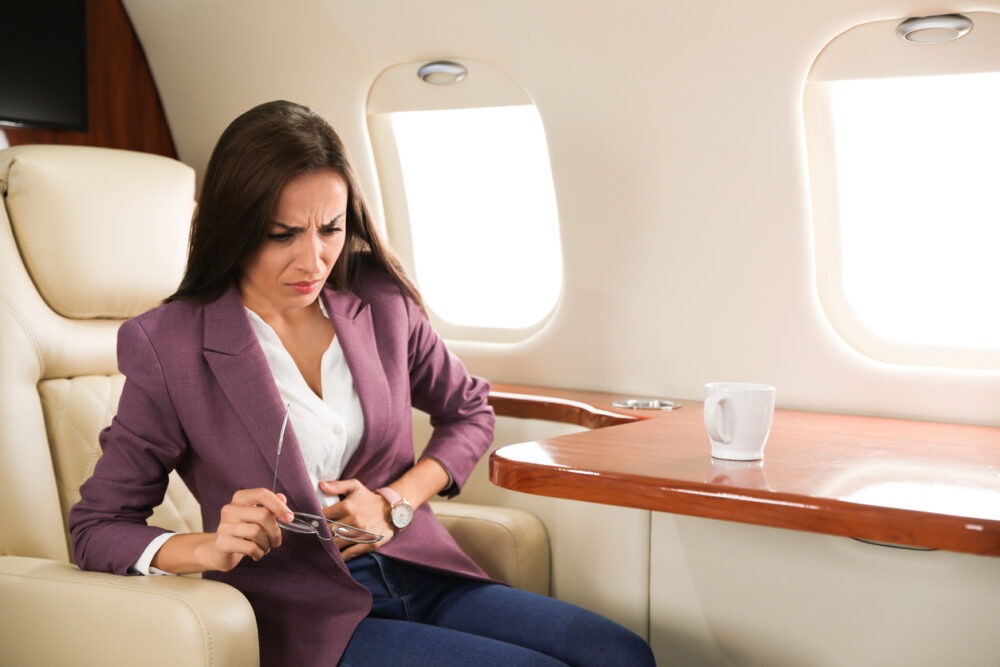
Nobody wants to get sick on a trip, but it happens—a lot. Between new germs, climate changes, and stress, even seasoned travelers can get blindsided. That’s when you start hearing about bizarre-sounding cures that seem too odd to take seriously… until they work.
People who travel a lot have a knack for discovering unusual ways to stay upright, even when their bodies are threatening full shutdown. These strange-but-brilliant remedies often come from personal experience or local advice, and while they may not be FDA-approved, they’ve earned their place in backpacks for a reason. Some are natural, others are cultural, and a few just sound completely unhinged—but they’ve saved trips and spared many a vacation from becoming a total flop.
1. Drinking pickle juice to stop sudden nausea.
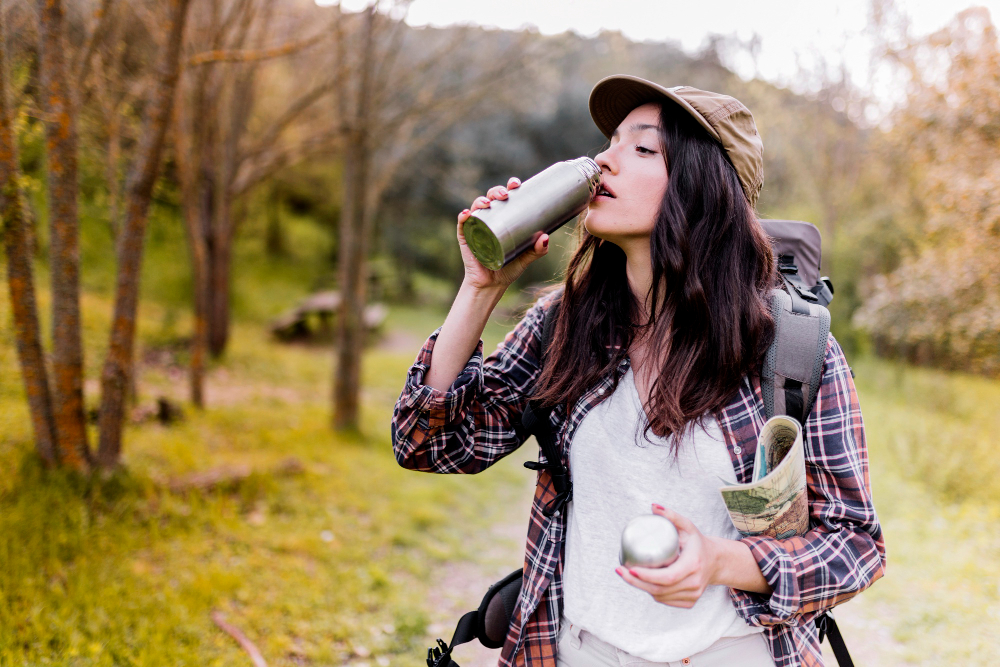
Pickle juice isn’t just for hangovers and pregnant cravings. It’s surprisingly effective for calming a rebellious stomach. The high vinegar content helps stabilize blood sugar and promote gut health, while the salt and electrolytes keep you hydrated. After puking your guts out on a Thai beach or enduring hours of motion sickness in a rickety bus through the Andes, a few gulps of pickle juice can work faster than most OTC options.
This trick isn’t some old wives’ tale—it’s supported by science. Pickle juice has properties that soothe muscle cramps and calm the digestive system, thanks to its sodium and vinegar content, according to the medical experts at Healthline. Many travelers keep a small bottle in their daypack just in case. Bonus tip: it also helps if you’ve had one too many cocktails the night before.
2. Chewing fresh ginger root before flights.
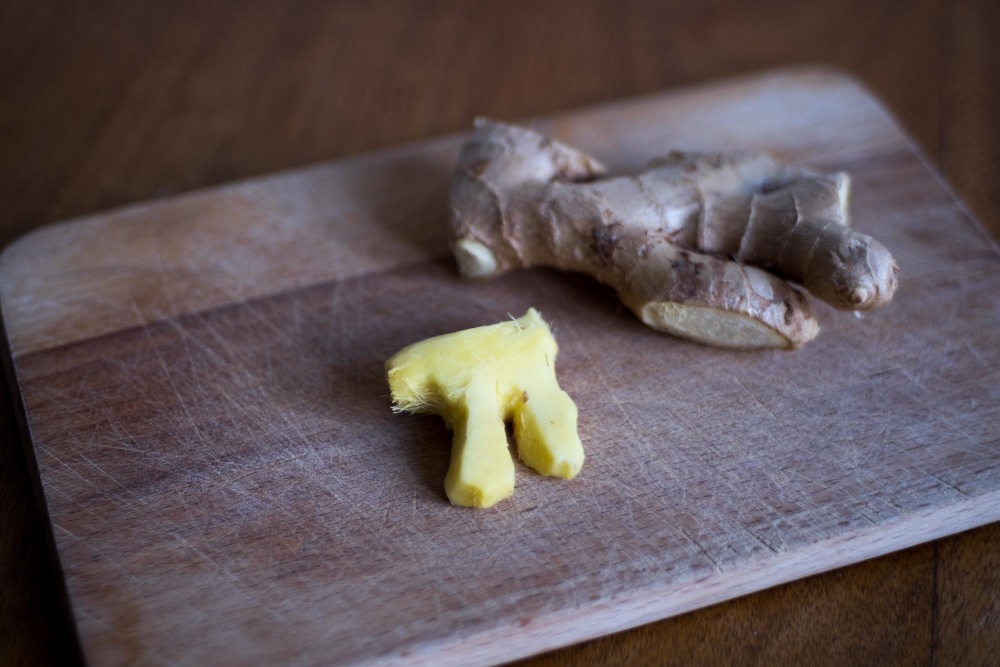
Ginger has a solid rep in traditional medicine, but many travelers swear by the raw stuff—straight from the root. Before boarding a plane, especially long-haul, they slice or chew a piece to prevent motion sickness, bloating, and air travel-induced nausea. It doesn’t taste great, but it works like a charm. Ginger can also reduce inflammation and ease stomach pain when your system’s out of whack in a new country.
Ginger helps improve digestion and reduces nausea by acting directly on the gastrointestinal system, as mentioned by the experts at Johns Hopkins Medicine. It’s far more effective than sugary ginger ale, and less processed than capsules. If you’re in a country where street food’s doing a number on your gut, chewing a bit of fresh ginger before meals can help your body keep up. Some travelers even boil it into tea as a quick remedy.
3. Taping onions to your feet overnight.
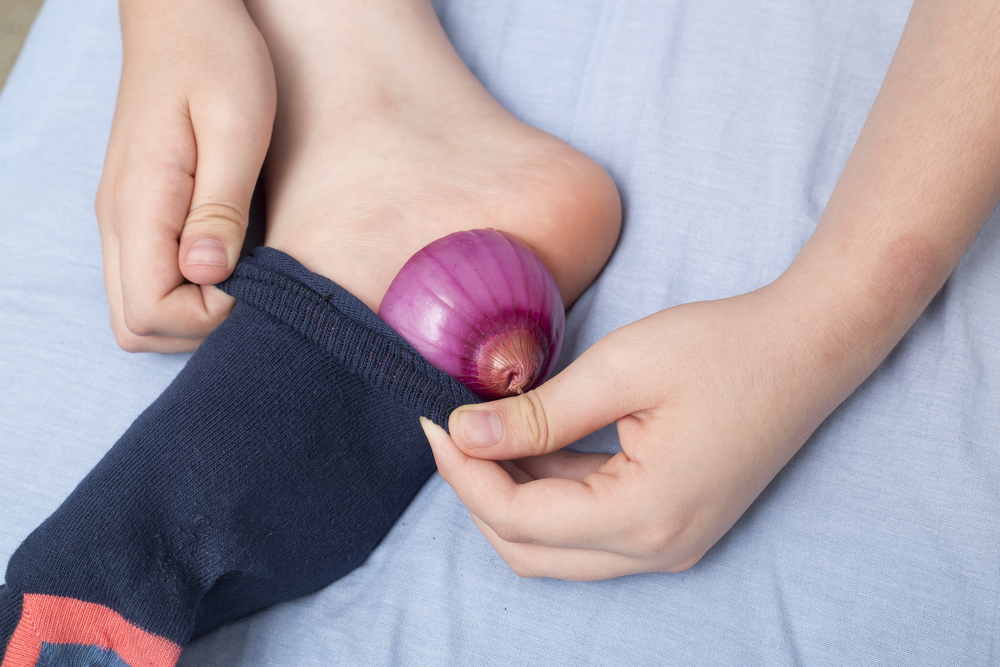
Yes, this one sounds completely absurd. But for centuries, people have sworn that putting sliced onions in your socks and sleeping in them can “draw out toxins” and help lower fevers. When you’re stuck in a sketchy hotel without medicine or clinics nearby, this weird remedy might just be worth trying. A few travelers claim it knocked out their flu symptoms overnight—or at least reduced congestion.
While there’s no hard clinical proof, the antimicrobial properties in onions could hypothetically help fight certain infections, say authors at Medical News Today. Plus, the feet have major blood vessels close to the skin, which is why cold compresses work well there too. It might smell terrible and feel ridiculous, but desperate times call for creative foot gear. You’ll probably need to air out the room (and your shoes), but hey—if it helps you get out of bed the next day, it’s a win.
4. Slathering on papaya pulp for heat rash.
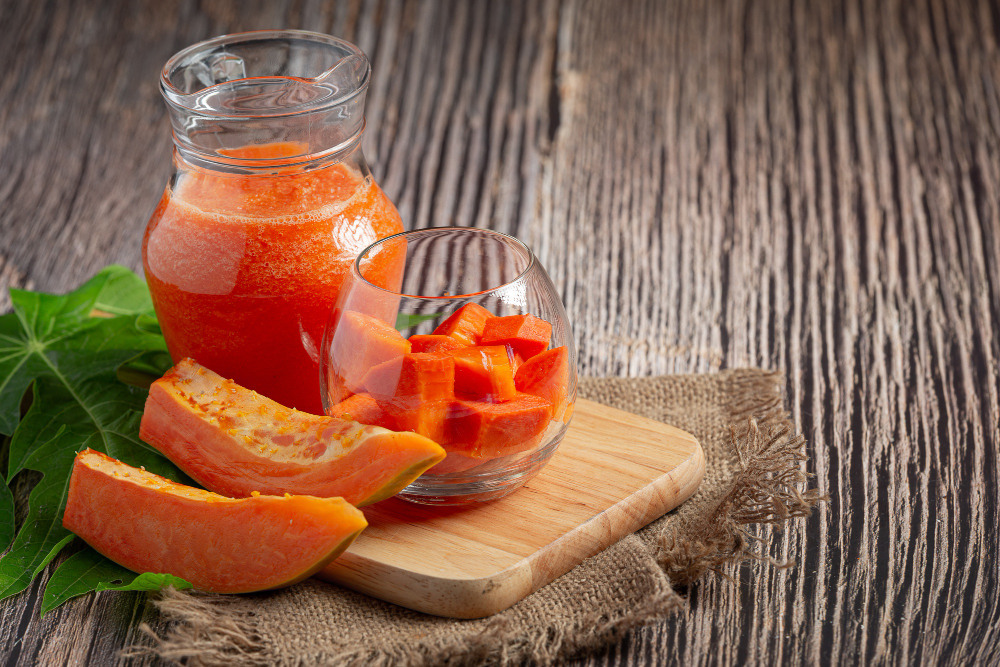
Getting heat rash in tropical climates is brutal—especially when all you want to do is explore. Locals in places like Costa Rica and Indonesia often recommend using fresh papaya pulp directly on irritated skin. It’s packed with enzymes that cool inflammation and promote healing. The sticky mess actually feels soothing, and many travelers say the rash clears up faster than with Western creams.
Papaya contains papain, which breaks down proteins and reduces swelling. Applying it raw gives immediate relief and doesn’t come with side effects. Some travelers even mash it with a little honey or aloe for added comfort. It’s a quick fix when pharmacies aren’t an option, and it doubles as a facial if your skin’s wrecked by sun and sweat. Just be sure to rinse it off before bugs decide to join the party.
5. Swishing whiskey to numb a sore throat.
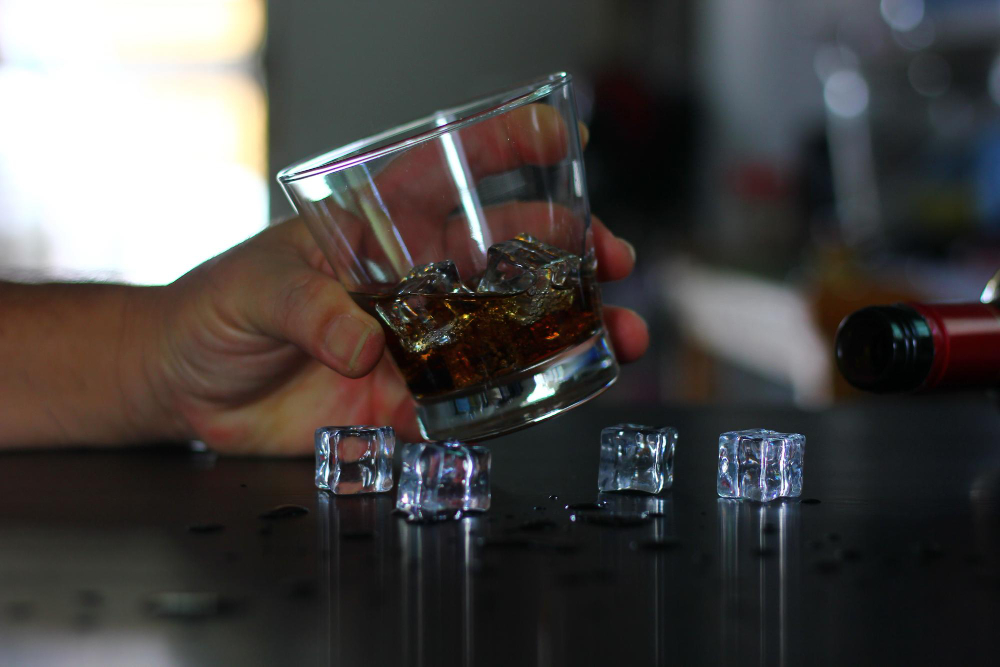
If you’ve caught a sore throat abroad, you probably don’t want to down antibiotics right away. Some seasoned travelers reach for a small bottle of whiskey—not to drink, but to swish around their throat. The alcohol can help kill germs and numb the pain for a while. It’s old-school, but it works shockingly well in a pinch.
A few seconds of gargling gives temporary relief without medicine. This trick is especially useful when you’re in a remote area and pharmacies are nonexistent or questionable. Just don’t overdo it, or you’ll swap throat pain for a headache. Many travelers keep a tiny flask in their bag—not for partying, but for this exact reason. Just be discreet if you’re staying somewhere with noise rules.
6. Inhaling menthol balm under the nose in crowds.
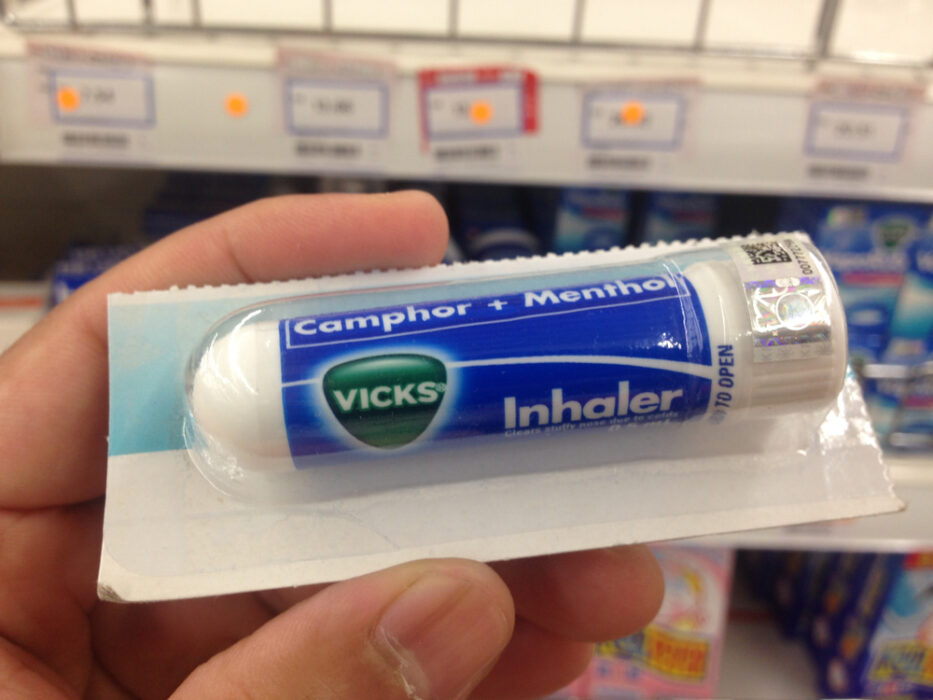
Crammed public transit, crowded temples, dusty markets—sometimes, the air around you is just gross. A common trick in places like Vietnam, India, and Morocco is rubbing a tiny bit of menthol balm (like Tiger Balm or Vicks) under your nostrils. It masks foul smells and may even help filter some airborne germs.
The scent clears your sinuses, gives a fresh burst of energy, and helps if you’re starting to feel lightheaded in hot, crowded spaces. It’s also useful if someone near you is hacking up a lung. While it won’t cure illness, many travelers swear it prevents things from escalating. Just don’t get it too close to your eyes or you’ll regret it for hours.
7. Sniffing apple cider vinegar-soaked cotton balls.
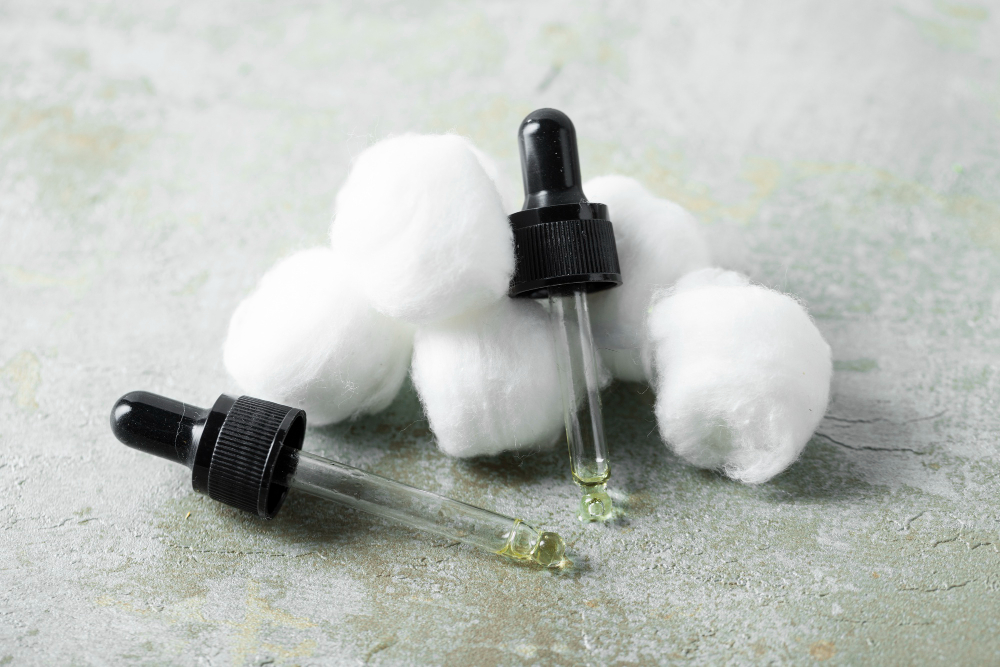
When a hotel room reeks or your nose starts clogging up from allergies or colds, this trick can help fast. Soaking cotton balls in apple cider vinegar and inhaling the vapor can clear up sinus pressure and improve airflow. It stinks, but the acidity helps fight off bacteria and unclog nasal passages.
Some travelers keep a small bottle of vinegar just for this reason. Others go full DIY and steam it in a bowl with hot water. Either way, it’s a surprisingly effective fix for those “why does my face feel like a balloon?” moments. Bonus: it also deters mosquitos when dabbed lightly on the skin, though your travel buddies might back away too.
8. Eating activated charcoal after sketchy meals.
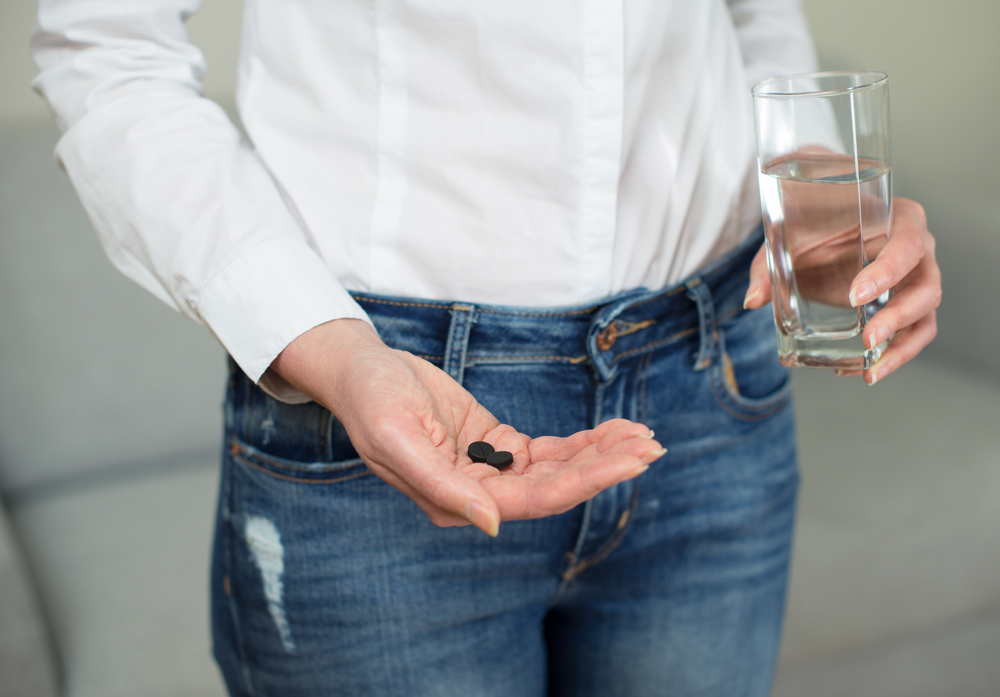
When you’ve just eaten something questionable and your stomach’s doing cartwheels, activated charcoal can be a lifesaver. It binds to toxins and helps prevent them from being absorbed. Many travelers take it preemptively before street food or afterward if things start to go south.
It doesn’t taste like much and usually comes in capsule form, making it easy to stash in your carry-on. Be aware that it can interfere with medications, though, so timing is key. Still, it’s a go-to for travelers who’ve faced food poisoning and lived to tell the tale. Keep it close when you’re indulging in the “when in Rome” cuisine moments.
9. Using saltwater gargles in hotel sinks.
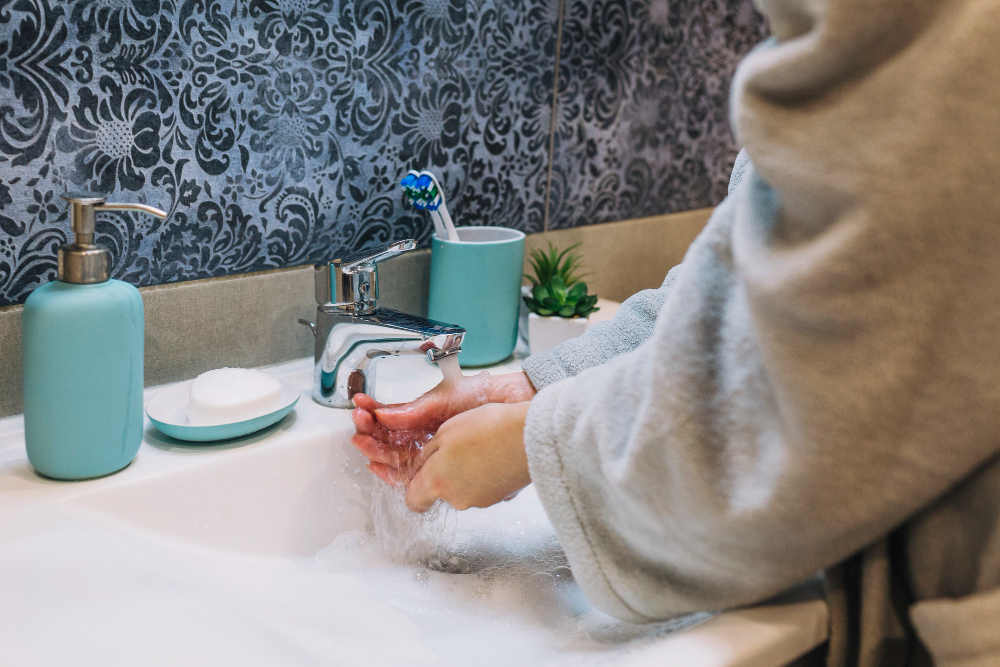
It’s not glamorous, but gargling warm salt water several times a day can work wonders if you feel a cold coming on. It’s easy to do anywhere—just mix salt and hot tap water in a hotel glass and tilt your head back. It helps soothe the throat and flush out germs before they take over.
This remedy is basic but powerful, especially when access to cold meds is limited. Travelers who swear by it say they’ve stopped sore throats in their tracks more than once. It’s free, simple, and easy to do even if you’re half-asleep and jetlagged.
10. Drinking Coke to calm down traveler’s diarrhea.
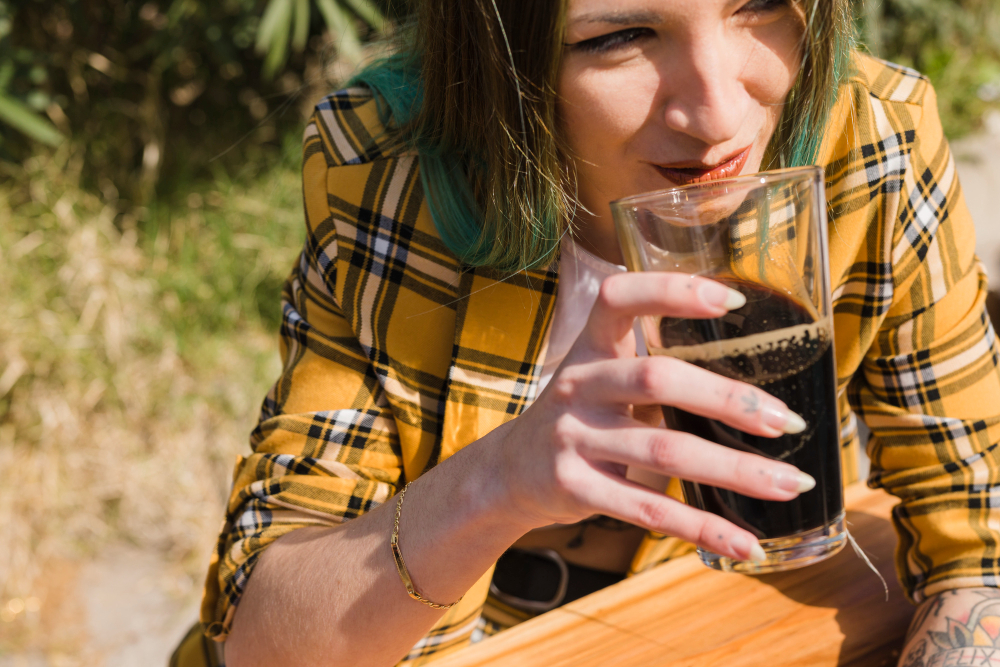
This one surprises people, but flat Coca-Cola is a weirdly effective trick for stomach bugs. The sugar and caffeine can give you a boost of energy when you’re wiped out, and the carbonation (when flat) can settle the stomach a little. Locals in some countries even recommend it over water when you’re feeling weak.
It’s not a cure, but if you’re stuck on a long train ride with no bathroom and a stomach doing somersaults, it might buy you time. Some travelers let it sit open for a few hours to flatten it before sipping. Just don’t chug it cold or you might regret everything.
11. Rubbing garlic oil on your feet before bed.
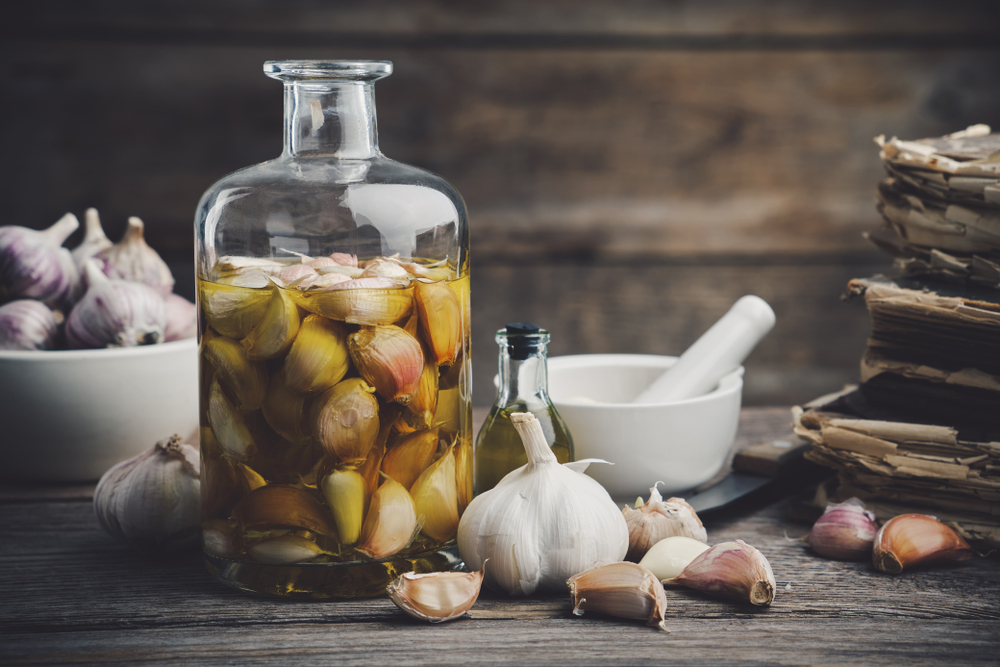
Garlic oil is potent, and some travelers swear it helps fight colds before they fully set in. Rubbing it on the soles of your feet at night is supposed to let the compounds absorb through the skin and stimulate the immune system. Sounds ridiculous—but a surprising number of backpackers do it regularly.
The smell is intense, so use socks and maybe avoid this in shared dorm rooms. Garlic has known antimicrobial properties, and while the science behind the foot method is thin, people say it makes them feel noticeably better by morning. It’s one of those “can’t hurt to try” remedies if you’re feeling gross in a foreign city.
12. Carrying oregano oil capsules for immune backup.
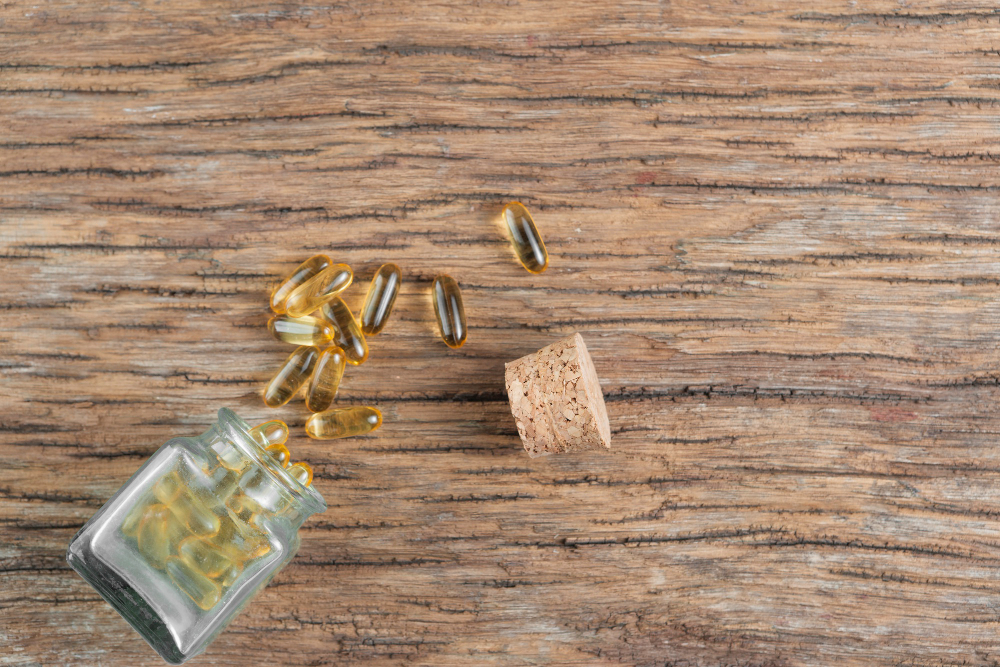
Oregano oil is the secret weapon of many world travelers. It’s known for being antibacterial, antiviral, and anti-inflammatory, and it comes in small capsules that are easy to carry. When taken at the first sign of sickness, it can help your immune system fight off minor bugs fast.
Some travelers take it daily during trips as a preventative. Others pull it out only when symptoms start. It’s potent stuff—don’t take it on an empty stomach or it might backfire. Still, it’s become a staple for people who bounce between countries and don’t want to get taken down by every passing sniffle.
